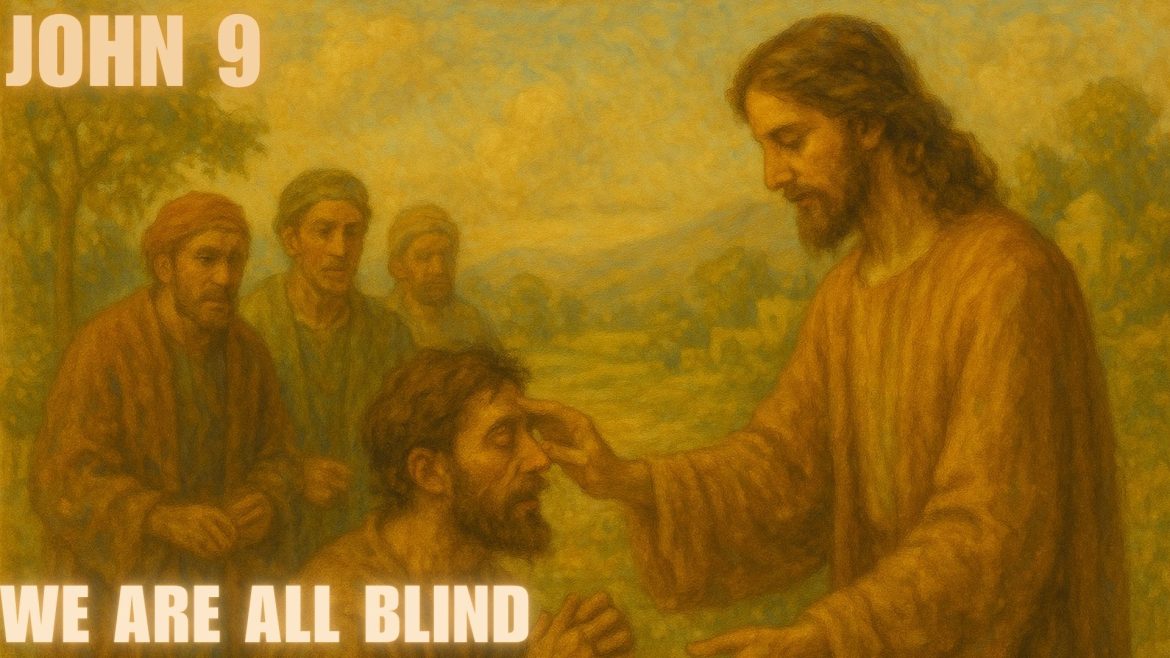In the book of John, chapter 9, we find a profound story of healing, faith, and the nature of sin. As Jesus passes by, he encounters a man blind from birth. His disciples, curious about the cause of the man’s blindness, ask whether it was due to the man’s sin or his parents’ sin. Jesus responds that neither is the case; rather, the man’s blindness serves to display the works of God.
This encounter brings to light a common misconception that misfortune is always a direct result of sin. Jesus refutes this by emphasizing that suffering can occur so that God’s glory may be revealed. This perspective shifts the focus from blame to understanding the deeper purposes of life’s challenges.
Jesus proceeds to heal the blind man in a unique manner. He spits on the ground, makes mud with the saliva, and applies it to the man’s eyes. He then instructs the man to wash in the pool of Siloam. Following these instructions, the man gains his sight. This miracle is not just about physical healing but also signifies spiritual enlightenment.
The man’s newfound ability to see causes a stir among his neighbors and the Pharisees. Skeptics question the authenticity of his blindness, and when confirmed, they interrogate both the man and his parents. The Pharisees’ focus on the legality of Jesus performing a miracle on the Sabbath reveals their rigid adherence to the law over the compassion and power of God.
Despite the pressure, the man boldly testifies to his healing, stating, “I was blind, but now I see.” His simple yet profound declaration confounds the Pharisees, who eventually excommunicate him for his association with Jesus. This act highlights the conflict between rigid religious practices and the transformative power of faith.
Jesus later finds the man and reveals himself as the Son of Man, leading the man to believe and worship him. Jesus then comments on spiritual blindness, indicating that those who claim to see yet reject the truth are truly blind.
This story invites us to reflect on our spiritual sight. Are we open to the ways God works in our lives, even when they defy our expectations? Do we cling to rigid beliefs, or do we allow the transformative power of faith to open our eyes?
John 9 challenges us to move beyond surface judgments and to seek a deeper understanding of God’s purposes, recognizing that true sight comes from faith and a willingness to see beyond our own limitations.

